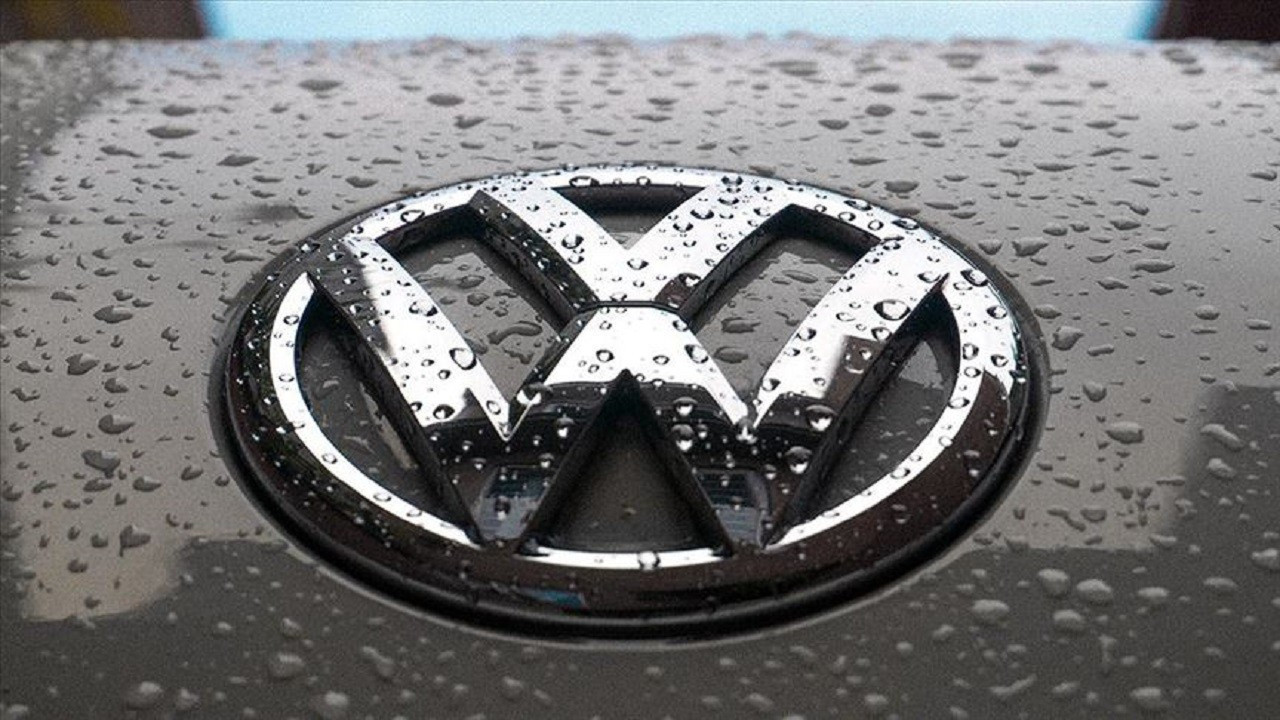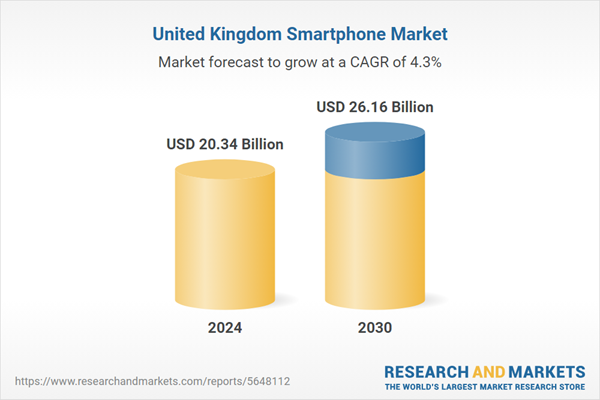
Volkswagen's Rate Shock: Announced a 1.3 Billion Euro Loss


Volkswagen is facing a critical turning point in the global automotive market. The German automotive giant announced that the additional financial burden imposed by the tariffs enacted by the US would reach a total of 5 billion Euros by the end of 2023. This situation is expected to have serious impacts on the company's market strategies.
In particular, the financial results announced for the third quarter have highlighted Volkswagen's current challenges. The company reported a loss of 1.3 billion Euros during this period, raising concerns among investors and the industry. The impact of the tariffs could deeply shake not only Volkswagen but the entire automotive sector.
Despite years of striving for maximum efficiency and cost control in the ongoing global competition, Volkswagen is struggling to cope with these new tariffs. The company's position in the US market could be negatively affected by this added financial burden, potentially weakening its competitive advantage.
Such fluctuations in the automotive sector may also have effects on consumers. High tariffs could lead to increased vehicle prices, which in turn could reduce potential customer demand. Volkswagen may have to make strategic changes in this uncertain environment. How consumer confidence and market dynamics will shape remains uncertain.
Market analysts have differing views on how Volkswagen's losses will affect its future financial performance. Some analysts predict that the company will enter a stronger restructuring process. Others express that such tariffs could create lasting problems for the sector in the long term.
In summary, the financial difficulties faced by Volkswagen this year stem from external factors such as tariffs. As the company strives to achieve its annual targets, the impact of future measures will be of great importance.
Benzer Haberler
.png)
Yakında Tüm Platformlarda
Sizlere kesintisiz haber ve analizi en hızlı şekilde ulaştırmak için. Yakında tüm platformlarda...








.png)